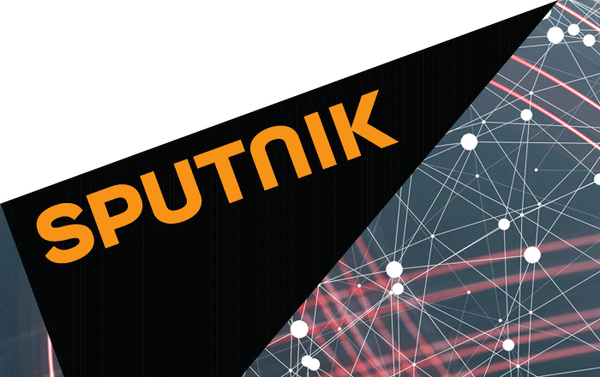Turkish President Erdogan, this year's chairman of the Organization of Islamic Cooperation (OIC), called an extraordinary meeting of its members to discuss Trump's recognition of Jerusalem as Israel's capital in an attempt to unite the international Muslim community, also known as the Ummah. It was very auspicious for Turkey to lead the organization at this time because it's both a rising leader in the Ummah and perhaps the only Muslim country besides Pakistan that has any chance of even modestly bridging the divide between rivals Iran and Saudi Arabia at this time. Moreover, President Erdogan hasn't shied away from harshly criticizing Israel and its Prime Minister Benjamin Netanyahu in the aftermath of Trump's decision, showing that his government's nominal military alliance with the US and official recognition of Israel won't hold him back from speaking his mind about what he thinks is right, using his characteristically sharp rhetoric to drive home his points.
The Palestinian issue more so than any other is capable of uniting the Ummah because of the enormous religious implications that it entails. The Third Holy Mosque of Al-Aqsa is located in Al-Quds, which is known to the non-Muslim world as Jerusalem, and most Muslims consider Israel's 1967 capture of East Jerusalem and subsequent annexation of this territory to be an unforgivable occupation of their Holy Land, especially bearing in mind that Israel officially considers itself to be a Jewish State. It's for this reason why Trump's recognition of all of Jerusalem, including East Jerusalem and Al-Aqsa, as Israel's capital, is so infuriating for many Muslims and holds the chance of uniting them across sectarian lines in support of the Palestinian cause.
That being said, there are also nuanced geopolitical considerations at play which could impede this from happening, especially concerning Saudi Arabia's reportedly secret anti-Iranian coordination with Israel. The Saudi Monarch holds a very special place in Islam as the Custodian of the Two Holy Mosques in Mecca and Medina, so any relationship that his Kingdom has with Israel is bound to be contentious because it could be perceived as de-facto legitimization of what lots of Muslims consider to be the illegal occupation of the Third Holy Mosque of Al-Aqsa in East Jerusalem. Nevertheless, Saudi Arabia might be calculating that it's better to retain secret relations with Israel against Iran than to join forces with its untrusted foe no matter how noble the cause may be.
Oguzhan Kosar, Istanbul-based political commentator, and Ali Syed, political researcher based in Belgium, joined our discussion.
Want to sound off and share what you think about this? Send us an email at radio@sputniknews.com or find us on Facebook!


